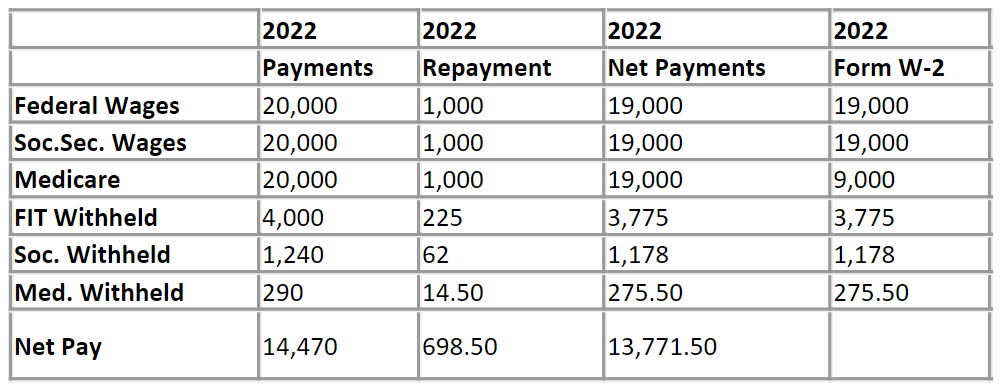How tax professionals can add value by investing in advisory
Why your value is more important than your price
Stop giving away your expertise for free. Sure, you are charging clients for your services; however, the real value is not within your services but within the advisory relationship you are ideally building with your clients.
The advisory relationship is the bedrock that enables you to form trust and provide higher-value services to your clients. It is how you better understand their goals and develop loyal and profitable relationships. Too often firms miss the mark and fail to realize that value is more important than price.
It is time to talk with clients about value, not cost, and make the play for business beyond this year’s tax filing. How? Let’s take a closer look.
Establish scope agreement
Establishing a clear, well-understood scope agreement is essential. Clarity enables firms to kick off an engagement with the right expectations in place and further strengthen the advisory relationship. When expectations are clearly outlined, they are more likely to be understood and, therefore, followed.
A scope agreement means clearly explaining the scope of services — what is included and what is not. Any service not included within the scope agreement should be considered out of scope. Out-of-scope services should be listed as additional fees.
When firms are able to stay within the scope of services, it enables them to reduce waste, increase revenues, and avoid what is commonly known as scope creep.
It is also important to clearly explain the scope of the client relationship. For instance, how many meetings will the firm have with the client each year? When will those meetings take place? What’s the best way to work together (i.e., portal, email, etc.)? This clarity helps strengthen the relationship and build trust.
Develop best practices
Developing best practices is another way tax professionals can add value. Best practices, which are built on your experiences, are the ways in which you get your products and services to your clients.
As outlined in a recent Thomson Reuters webcast “4 Keys to Building Advisory Relationships,” there are three key benefits to having best practices: client education, service-level resources, and internal education.
1. Client education: Clients must have an understanding of how to do things better and why it is important. They should then be provided the tools to facilitate their changed behavior. For instance, if a client repeatedly fails to properly record their business expenses, explain to them why it is important to be compliant. Then introduce them to a tool they can use, like an expense reimbursement worksheet, to help change their behavior.
2. Service-level resources: Have resources readily available to help ensure that client questions are being answered in the same way. For example, post answers to commonly asked questions in the client portal so they are easily accessible. This provides clients with clear and consistent information and reduces the time staff spends fielding questions.
3. Internal education: Staff training is one of the benefits of a best practice. When developing best practices start by creating a best practice outline and asking such questions as: What do clients ask? How do you answer something before a client even asks it? Then, at year-end, hold a staff meeting to discuss what questions they were getting that weren’t already covered. This can help determine what additional best practices to create.
Monetize advisory services
One of the first steps in ensuring you are being properly compensated is to shift to value pricing and cut ties with hourly billing. Value pricing is important as it enables firms to stay transparent, demonstrate value, and eliminate billing surprises. Such benefits are key ingredients to a successful advisory relationship.
Your knowledge and expertise are valuable to clients. It is time to capitalize on the success of your business and ensure you are being appropriately paid.
Some practitioners fear losing clients due to higher fees, but the reality is, clients are willing to pay a premium when they have a clear understanding of the value being provided.
Underscoring this point, research found that buyers will pay more to address their most significant issues. This includes planning for growth and expansion and getting expert financial insights (19 percent), cash flow and minimizing overhead costs (18 percent), staying in compliance, and the lack of time they need to focus on accounting and financial matters (both 17 percent).”
In today’s environment, advisory relationships are imperative. However, it is critical to maximize your time spent with clients and be properly compensated for the knowledge and expertise you provide. Your value is more important than the price of your services.
Take action today by monetizing your advisory services, developing best practices, and creating clear scope agreements. Turning to a solution like Practice Forward by Thomson Reuters can help set your firm on the path to greater success.






